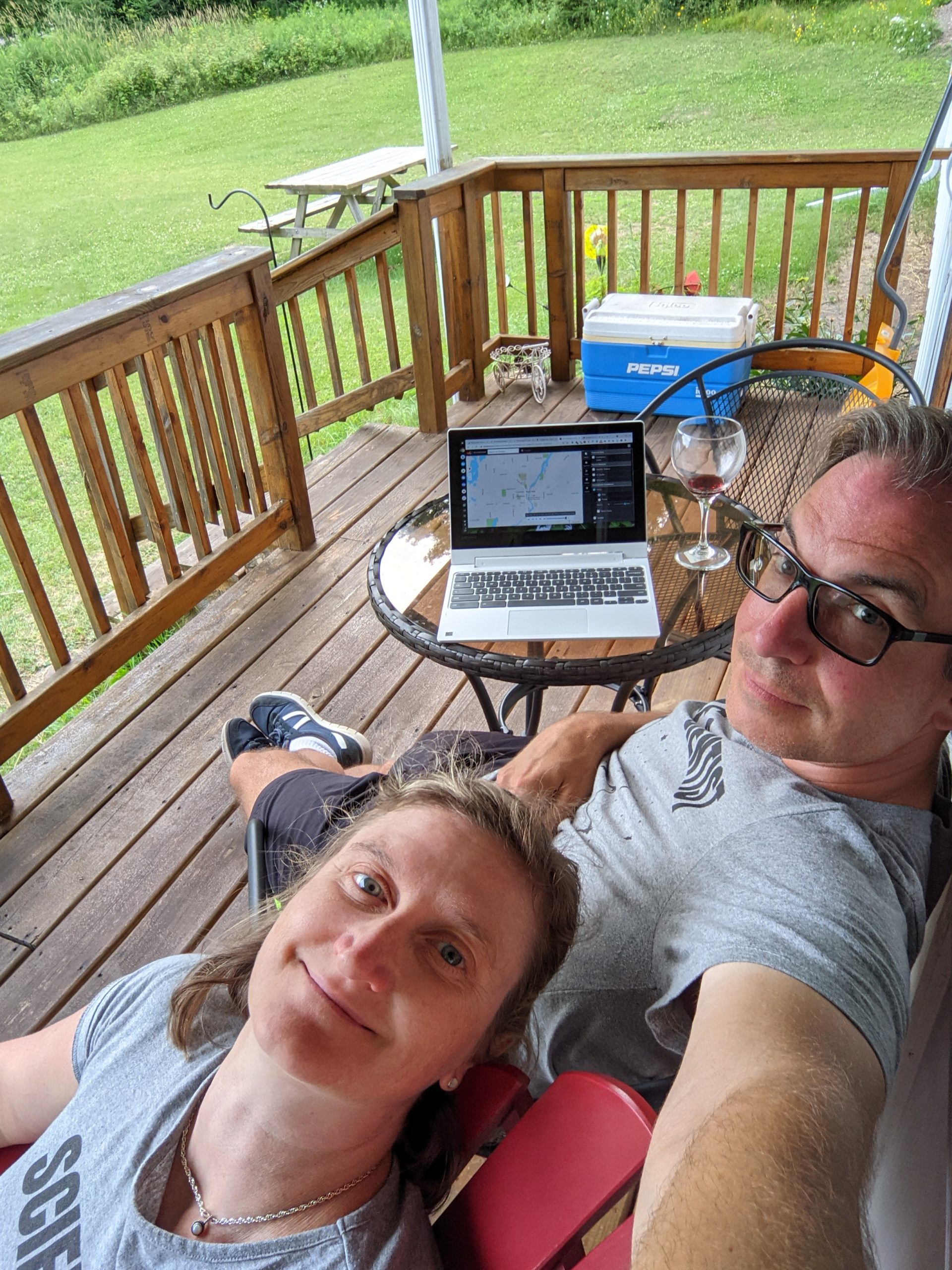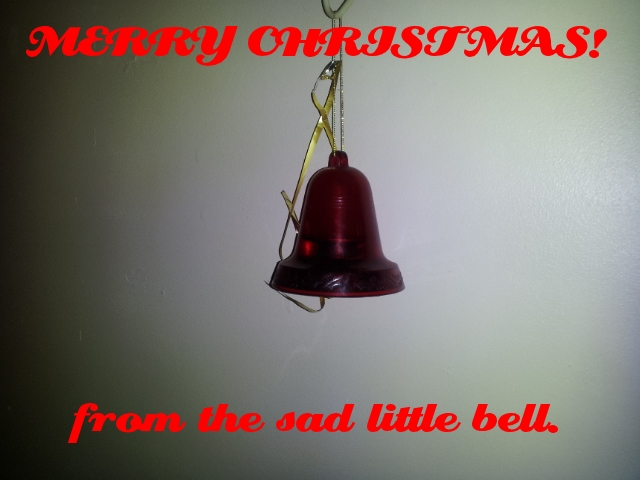It’s a good day, and a miserable day, all at once. This day is like a simultaneous quantum superposition that, once collapsed, remained in a state of indefinite distinction. I awoke this morning a little after 6 so that Jodi and I could hit the polls before she boarded her flight to Minnesota. It was dark, wet, and cold when we left for Clifford School, just down the mountain and down the road.
Sometimes, polling place workers get a big head about their job. Sure, they’re the gatekeepers of American democracy. But they’re also fellow citizens. We were greeted by the fact that the Clifford School hosted three precincts, and we didn’t know to which we belonged. A very nice gentleman invited us in before polling started and tried to help us find our precinct, but a lady who also worked there shooed us out and proclaimed we couldn’t come in until the “Hear ye, hear ye!” was sounded. Sigh.
We voted, and then I dropped Jodi at the airport and went to work. I finally sorted out the half-dozen or so projects I’m currently involved in, and then worked with my group for the afternoon. I just had a short break to check the news and saw that “Kansas’ board of ed has voted to adopt language that redefines science and allows for non-science to enter into the curriculum”:http://news.yahoo.com/s/ap/20051108/ap_on_re_us/evolution_debate;_ylt=AlksCNr_sbuq7K0LL6lhdhqs0NUE;_ylu=X3oDMTA3MjBwMWtkBHNlYwM3MTg-.
This is the sad part of the day. While it was refreshing to once again partake in democracy this morning (excepting the incident with the poll nazi), it was disheartening to see the opinions of a vocal minority with no formal training in science override the standards and practices of a state education system.
In many ways, these state education board members who supported the weakening of science are setting up a false idol. If reason is the lord of nature, and if nature is the world that we humans must spend our lives appreciating and exploring, then certainly to set aside reason and admit superstition is to erect a false idol. If they really believe that they are creating academic freedom while they are promoting religious security, then they deserve neither academic freedom not religious security. Do they not realize that by redefining science itself in their standards, they risk creating a generation, much like students before the Sputnik era, ill prepared for the demands of this world?
In a world where diseases daily evolve to adapt to our drugs and our immune responses, and in a world ruled by natural laws whose work allows us to even exist in the first place, we are likely going to see an increase in students who don’t know that there is a difference between a theory and a hypothesis. This scares me. That’s a world where every idea has merit, without the value of experimentation to filter the wheat from the chaff. Academic freedom is only partly the right to pronounce any idea you want; within such liberty there is also responsibility, the responsibility that once ideas are proposed they only continue to have merit if, when applied, they lead to greater knowledge and deeper understanding. Academic freedom is both liberty and reponsibility, and Kansas has only adopted half of this equation.
So here we are. With great institutions like Kansas State University now challenged by a future breed of students ill-equipped for the rigors of reason, who knows what struggles an already burdened scientific community will now have to address? This must, in part, be how it felt to be an enlightened scholar on the edge of the middle ages, the warmth of reason one side, the chill of religious zealotry on the other. I only wish the world had learned from its first battle with this artificial pitting of religion against science, science against religion.




